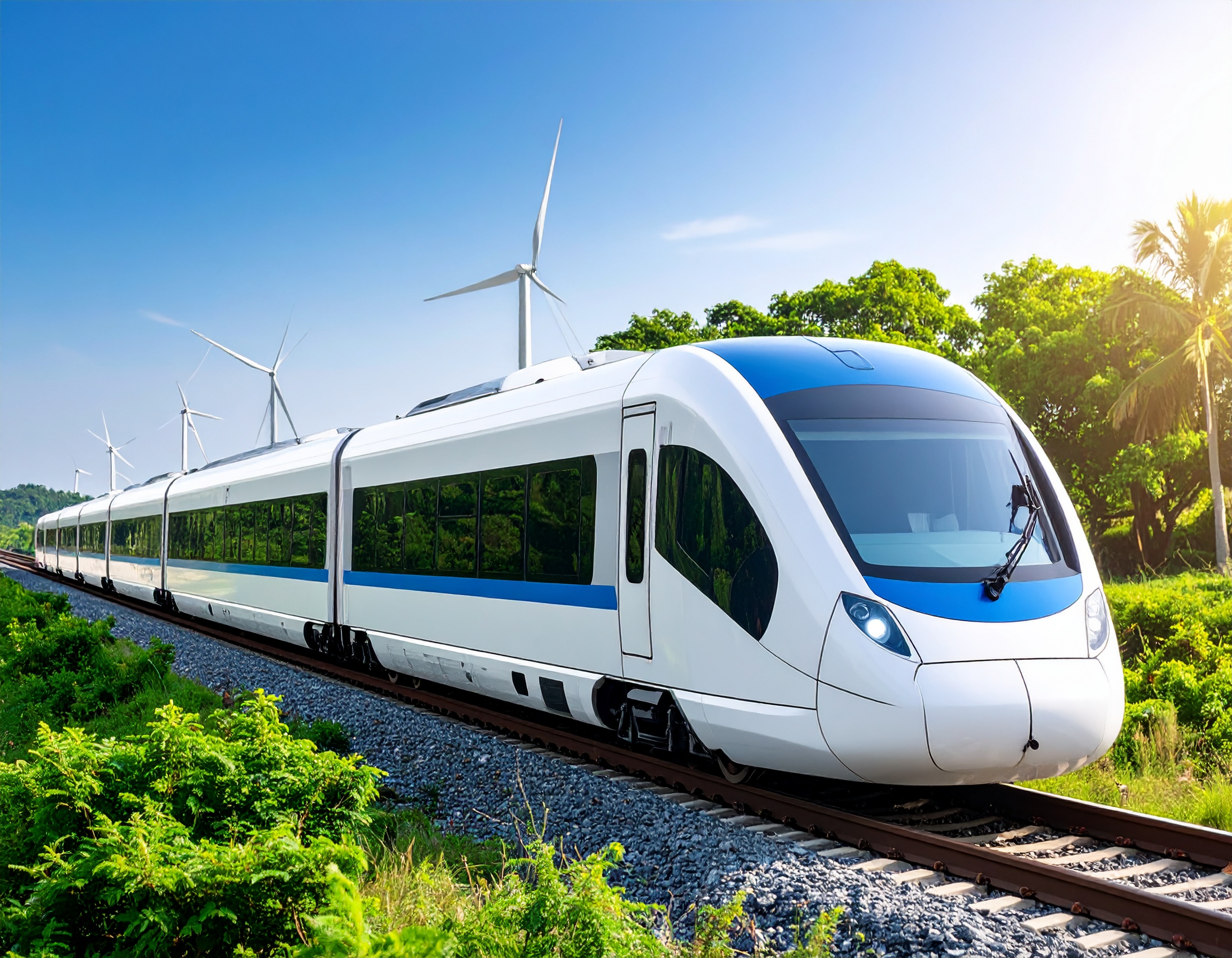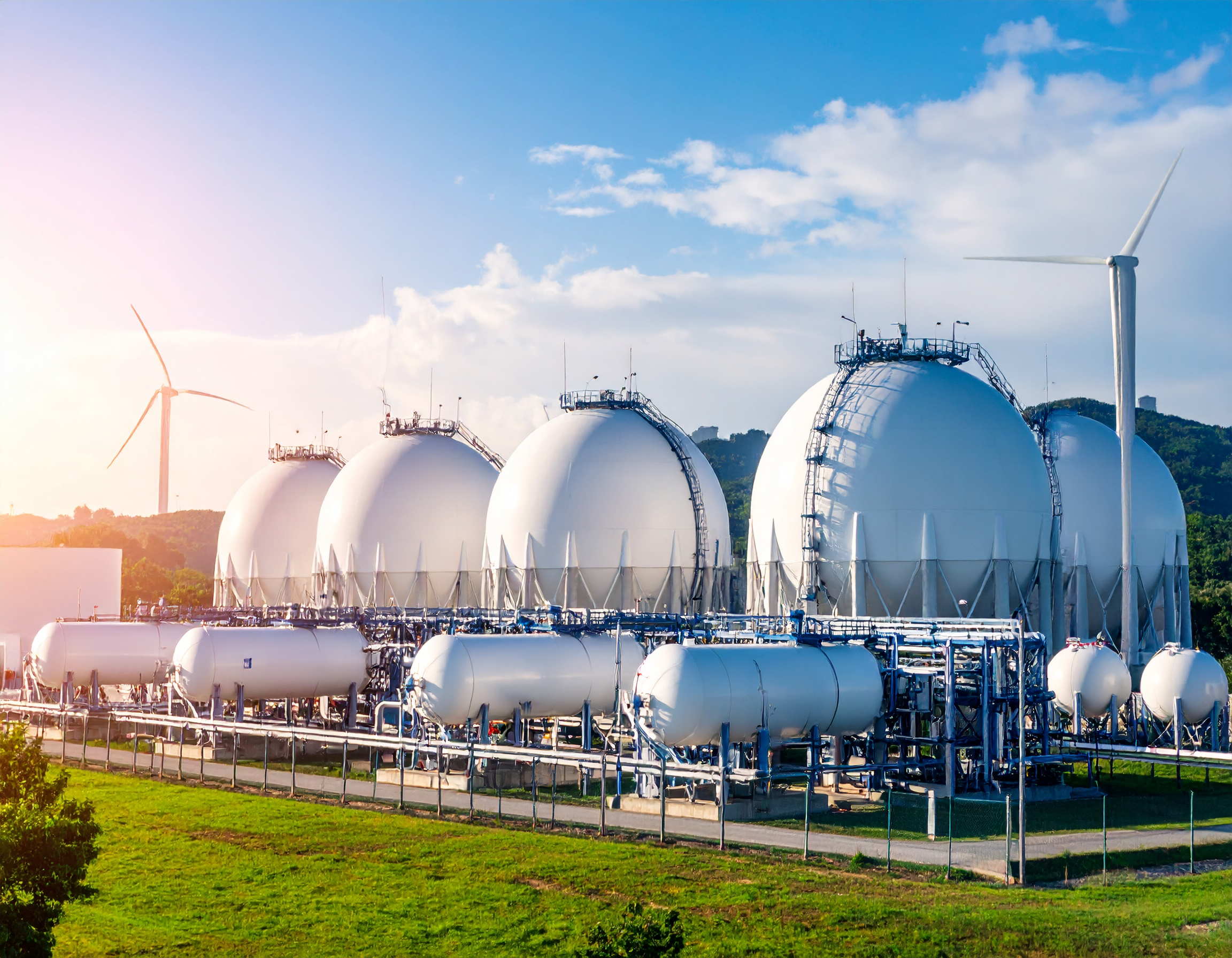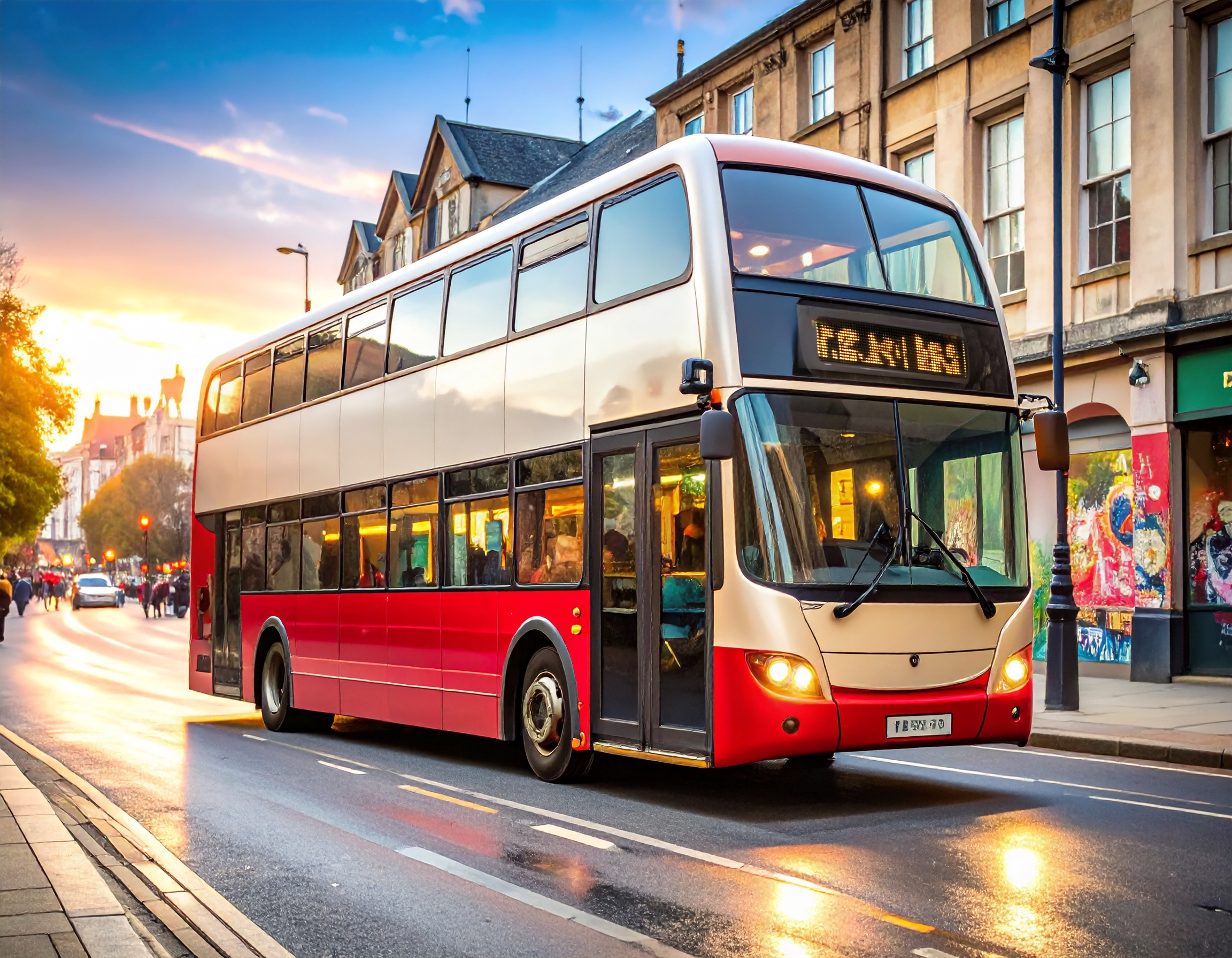Indian Railways Tests First Hydrogen-Powered Coach, Advancing Green Transport Goals

Indian Railways has successfully tested its first hydrogen-powered coach—marking a pivotal step in India’s transition to low-emission, sustainable rail transport. The trial, conducted at the Integral Coach Factory (ICF) in Chennai, signals progress towards deploying the nation’s first hydrogen-powered train, aligning with global efforts to decarbonise rail systems.
Hydrogen Rail Project Nears Completion
The project, initiated by the Northern Railway zone in 2020-21, involves retrofitting two conventional 1600HP diesel power cars with hydrogen fuel cell propulsion. Additionally, a hydrogen storage and refuelling station is under construction in Jind, Haryana. The total project cost is estimated at ₹136 crore.
With testing now in its final phase, Indian Railways aims to introduce commercial hydrogen train services between Jind and Sonipat, covering a 356 km round-trip route. The 10-coach train will have a carrying capacity of over 2,600 passengers.
Clean Hydrogen Technology Driving India’s Green Mobility
This initiative is a flagship under Indian Railways’ net-zero emissions strategy and India’s broader clean energy transition. Hydrogen, a zero-emission fuel, will reduce reliance on fossil fuels and cut greenhouse gas emissions from one of the world’s largest rail networks.
The coaches will use 220kg of hydrogen per power car, stored in high-pressure cylinders. The onboard systems—developed and tested by Indian Railways’ Research Design & Standards Organisation (RDSO)—include advanced safety measures such as leak detection, flame sensors, pressure relief valves, and smart ventilation systems.
TÜV SÜD, a German safety auditor, has been appointed to validate compliance with international hydrogen safety standards. Hyderabad-based Medha Servo Drives is carrying out the conversion at ICF Chennai.
Hydrogen Refuelling Infrastructure at Jind
The hydrogen fuelling station at Jind will feature a total storage capacity of 3,000kg—2,320kg at low pressure and 680kg at high pressure—compliant with Petroleum and Explosives Safety Organisation (PESO) regulations. Northern Railway is also constructing supporting infrastructure including roadways, power supply, and fire safety systems.
A Step Towards Sustainable Rail Innovation
Hydrogen fuel cell technology is still emerging in global rail transport, with only a few nations having progressed beyond the pilot stage. India’s adoption of hydrogen rail systems puts it at the forefront of clean mobility innovation in Asia.
With strong government backing and advancing hydrogen infrastructure, Indian Railways is poised to become a major contributor to India’s green hydrogen ambitions and a leader in low-carbon public transport.

